Search Results
Showing results 1 to 20 of 96
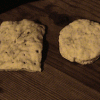
Maritime Munchies
Source Institutions
In this activity, learners follow simple historical maritime recipes to cook up hardtack and swanky, and then compare the foods they eat to what was served on ships in the past.
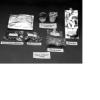
Ripening of Fruits and Vegetables
Source Institutions
In this activity, learners test the rate of ripening fruit and vegetables and use a chemical to inhibit the ripening process.
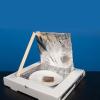
Cook Food Using the Sun
Source Institutions
Learners build a solar oven from a cardboard pizza box, aluminum foil and plastic. Learners can use their oven to cook S'mores or other food in the sun.
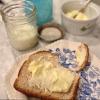
Butter Up
Source Institutions
In this activity, learners will discover how to make butter from scratch. One optional tips includes adding marbles to speed up the process.
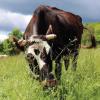
Sustainable Grazing
Source Institutions
In this activity, learners investigate the food, water, and space needs of common livestock animals.
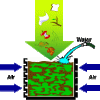
Composting Bioreactor
Source Institutions
In this activity (page 19 of the PDF) learners will create a soda bottle bioreactor by exploring the science of composting, comparing variables such as reactor design, moisture content, and nutrient r
Pesticide Watch Card
Source Institutions
After learning that some of the chemicals we add to food crops may have harmful consequences on our health and the health of the environment, learners will create a pocket-sized card with their favori
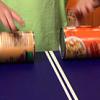
Soup Can Derby
Source Institutions
In this activity (on page 2 of PDF under GPS: Roller Coaster Design Activity), learners will use food cans of many different properties (sizes, shapes, and weights) and set two cans on their sides at
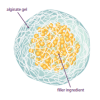
Self-Assembling Dessert Toppings
Source Institutions
This is an activity (located on page 3 of the PDF under Self-Assembly Activity) about self-assembly, the ability of molecules to assemble themselves according to certain rules.

Dunking the Planets
Source Institutions
In this demonstration, learners compare the relative sizes and masses of scale models of the planets as represented by fruits and other foods.
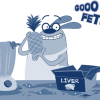
Design a Flavor: Experiment to Make Your Own Ice Cream Flavor!
Source Institutions
In this delicious activity, learners get to make, taste-test and compare their own "brands" of homemade strawberry ice cream.
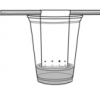
Busted by Biology
Source Institutions
In this two-part activity, learners will extract their own DNA from their cheek cells and learn how DNA is analyzed and used to solve crimes.
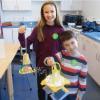
Engineer A Bird Feeder
Source Institutions
In this activity, learners of all ages will design a functional bird feeder using familiar, every day materials.
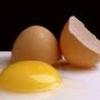
Egg-stra Strength
Source Institutions
In this physics activity, learners will investigate the strength of egg shells.
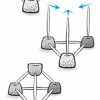
Geodesic Gumdrops: Candy and Toothpick Architecture
Source Institutions
This hands-on activity shows you how to build basic architectural shapes out of toothpicks and gumdrops.
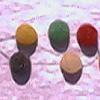
Gumdrop Chains and Shrinky Necklaces
Source Institutions
In this activity, learners thread gumdrops together to make a model of a polymer.
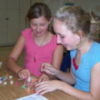
Gumdrop Dome
Source Institutions
In this activity (located on pages 23-24 of the PDF), learners are introduced to structural engineering and encouraged to practice goal-oriented building.

Marshmallow Models
Source Institutions
No glue is needed for learners of any age to become marshmallow architects or engineers.
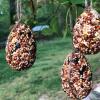
For the Birds
Source Institutions
In this activity, learners will explore nature by creating food for birds. Learners will develop fine motor skills and engage in nature observation through this activity.
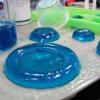
Casting and Molding
Source Institutions
This activity was designed for blind learners, but all types of learners can explore the process used to cast and mold molten metal, glass, and plastics.
